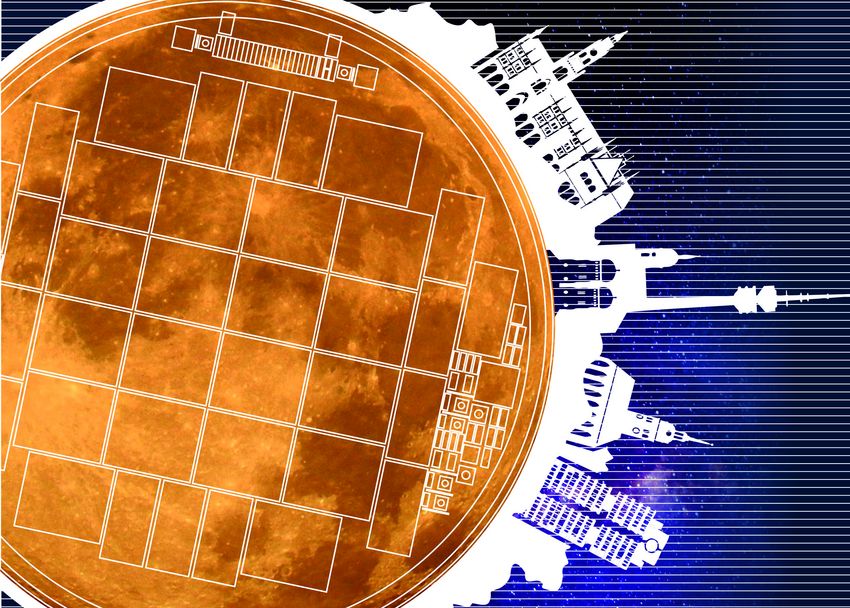The workshop program focuses on the new particle detectors to operate at the planned high-luminosity running period of the LHC accelerator at CERN planned to start operation in the middle of the next decade. During their lifetime at the LHC, the detectors have to withstand unprecedented levels of traversing particles. Nevertheless, they should retain as much as possible their initial performance.
To achieve this, novel designs of thin planar silicon sensors and 3D sensors are being developed and will be discussed. Additionally, the latest developments in other fields, like space applications, photon physics and medicine are summarized by experts in the respective fields.
The silicon radiation detectors were initially developed for particle detection in high-energy physics experiments at accelerators by Erik Heijne, Robert Klanner and Gerhard Lutz, who in 2017 were rewarded the High Energy and Particle Physics Prize of the European Physical Society for this invention. Today these detectors are essential parts of all high-energy physics experiments.
Given the superb space resolution of these detectors, they found their way to many more applications. This includes medical applications like cancer therapy with hadrons, where nowadays they are irreplaceable components. Presently, modern silicon detectors with timing capabilities of tens of pico-seconds are changing the design of high energy experiments. Their use may dramatically improve the particle reconstruction process.
The institute is looking forward to an exciting exchange of results and new ideas in this important field of research.
